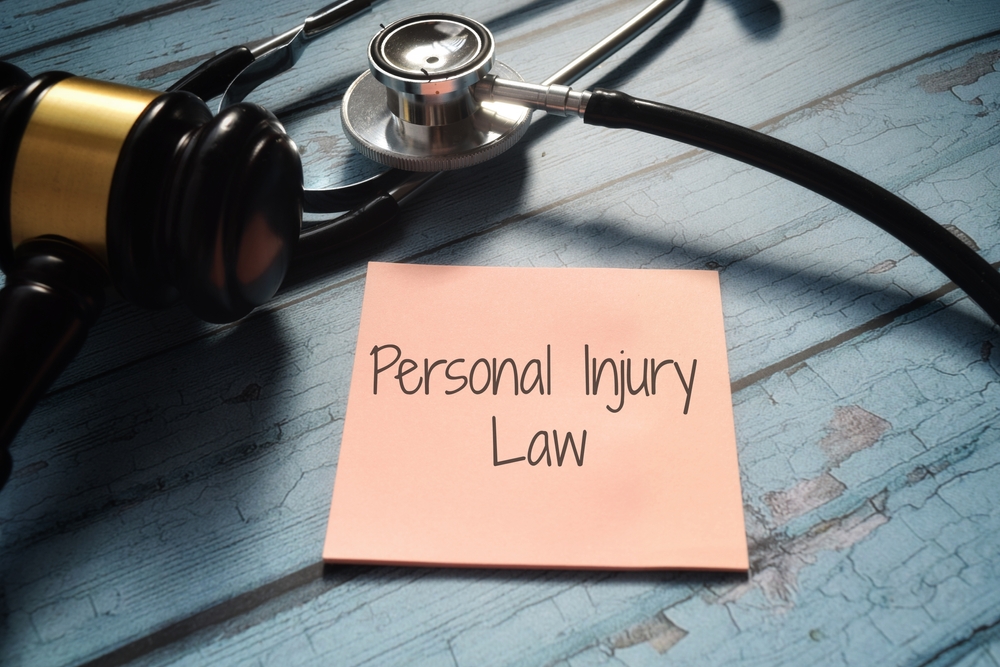
Being involved in an accident is stressful enough, but what happens if you’re partially at fault? If you’re asking, “What happens if you were partly at fault for your accident in Florida?” here’s what you need to know.
In Florida, you can still recover compensation if you were partly at fault for your accident, as long as you are 50% or less responsible. Under Florida’s modified comparative negligence law, your compensation will be reduced by your percentage of fault.
Understanding how fault impacts your ability to recover damages is crucial. Let’s explore how Florida’s comparative negligence system works, what steps to take after an accident, and how you can protect your legal rights.
How Does Comparative Negligence Work in Florida?
Florida’s modified comparative negligence rule allows you to recover compensation even if you share responsibility for an accident, as long as your fault is 50% or less.
Here’s how it works:
- Your compensation is reduced by the percentage of fault assigned to you.
- If you are found 30% at fault, your compensation will be reduced by 30%.
- If you are found 51% or more at fault, you cannot recover any damages.
Example: If your total damages are $100,000 and you are 25% at fault, you can recover $75,000.
Quick tip: An experienced attorney can help minimize your fault percentage to maximize your compensation.

What Damages Can You Recover If You Are Partly at Fault?
Even if you are partly at fault, you may still recover damages for:
| Type of Damage | Examples |
|---|---|
| Economic Damages | Medical bills, lost wages, rehabilitation costs, and property damage |
| Non-Economic Damages | Pain and suffering, emotional distress, and reduced quality of life |
Quick tip: Detailed documentation of your losses is essential to ensure fair compensation, even after a fault reduction.
How Is Fault Determined After an Accident?
Fault is determined based on evidence collected during the investigation, including:
- Police Reports: Provide an official account of the accident and any traffic violations.
- Witness Statements: Support claims about what caused the accident.
- Surveillance or Dashcam Footage: Offers visual evidence of the events leading up to the crash.
- Expert Testimony: Accident reconstruction specialists can help establish fault percentages.
Quick tip: Gathering strong evidence can reduce your assigned fault and protect your claim.
What Should You Do If You’re Partly at Fault for an Accident?
If you believe you share responsibility for an accident, follow these steps to protect your claim:
- Seek medical attention immediately: Document your injuries to connect them to the accident.
- Collect evidence at the scene: Take photos of vehicle damage, road conditions, and any contributing factors.
- Obtain a copy of the police report: Review it for inaccuracies that may unfairly assign fault.
- Avoid admitting fault: Do not make statements like “I’m sorry,” which could be used against you later.
- Consult an attorney: A lawyer can negotiate with insurers and argue against excessive fault assignments.
Quick tip: Never assume you cannot recover damages without consulting a legal expert.

How Does Insurance Handle Partial Fault?
Insurance companies often use fault percentages to calculate payouts, but they may try to assign you more blame to reduce their liability.
- The insurer will investigate the accident and assign fault based on their findings.
- Your compensation offer will reflect your assigned percentage of fault.
- An attorney can challenge unfair fault assignments to ensure you receive a fair settlement.
Quick tip: Never accept an initial settlement offer without consulting an attorney, as it may not fully reflect your losses.
Call Now for a Free Consultation
Being partially at fault for an accident doesn’t mean you can’t recover compensation. With the right legal guidance, you can protect your rights and secure a fair settlement.
Call Rosen Injury today at 954-787-1500 for a free, no-obligation consultation. Let us help you navigate Florida’s comparative negligence laws and fight for the compensation you deserve.
Related Content:
- What is Comparative Negligence in Florida Law?
- How Does Comparative Negligence Affect My Personal Injury Claim in Florida?
- Can You Recover Money if You Were At Fault in a Florida Accident?
- What Is The Florida No Fault Law?
- What Happens If You Were Partly at Fault for Your Accident in Florida?